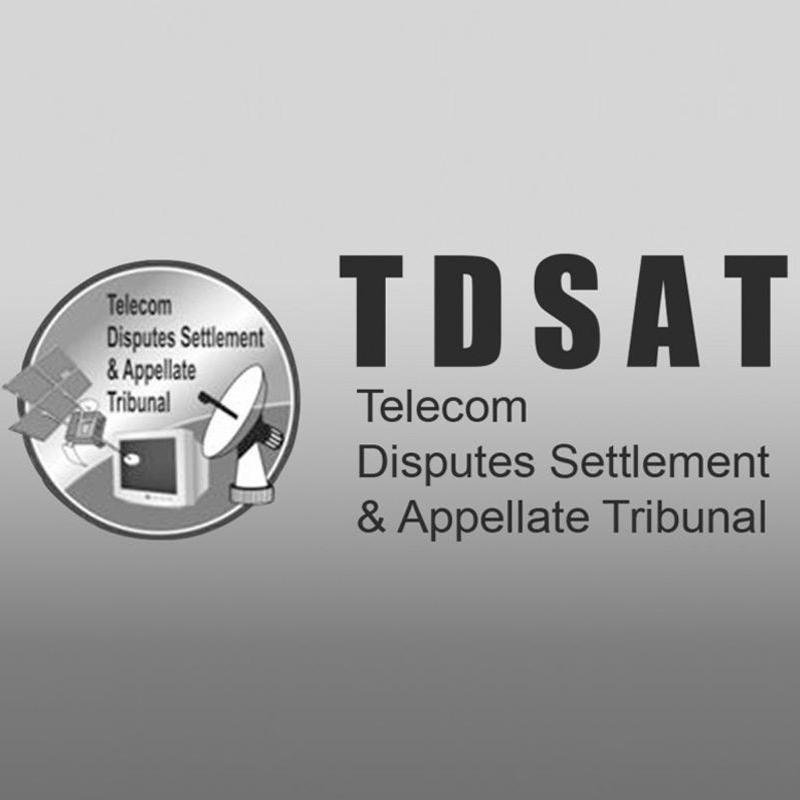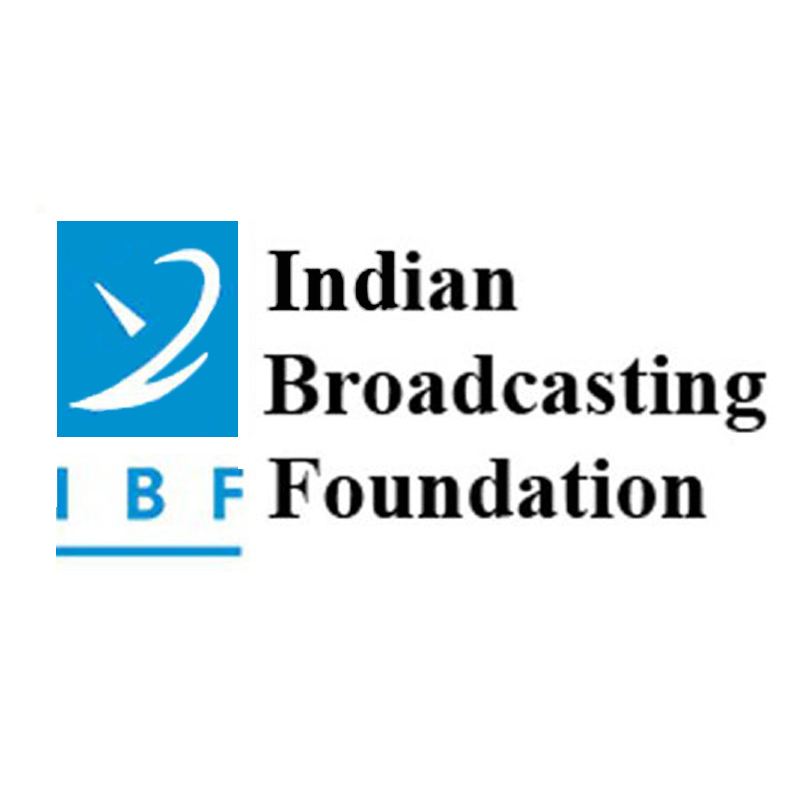IBF plays hard ball; orders TV channels to take off ads from 1 May evening
MUMBAI/NEW DELHI: From 6 pm evening on Labour Day, (1 May), the Indian Broadcasting Foundation’s (IBF) pulled the plu
NEW DELHI: The Telecom Disputes Settlement and Appellate Tribunal (Tdsat) has set aside Telecom Regulatory Authority of India‘s (Trai) ban on placement fee and invalidated with Trai requirement that multi-system operators (MSOs) report the basis of carriage fee charged by them to broadcasters.
The basic premise of Tdsat chairman S B Sinha and member P K Rastogi was that the Trai provision on placement fees was‘bad in law as the same restriction is not applicable for the DTH operator‘.
The Tribunal said placement charges, if any, will depend upon the mutual agreement between individual broadcasters and individual MSOs.
Similarly, the tribunal said the regulation on carriage fee is set aside as the said provision is not there for the DTH operators and MSOs in areas outside the four metros where delivery of television channels shifts compulsorily to digital mode from 1 November.
This tribunal order dents broadcasters‘ efforts to substantially cut down on their distribution costs. In fact, news broadcasters have decided to pay just 50-100 paise for every subscriber with a set-top box (STB) per channel per year, which works out to less than 5 per cent of what they pay as carriage fees now.
Tdsat has also set aside the requirement prescribed by Trai that MSOs must create capacity to carry 500 channels after digitisation. It said, "If the market forces play an important and significant role in the matter of carrying capacity of the MSO, the same may not be required to be regulated."
But it added in its 77-page judgment: "However, if the regulator deems it fit, it may consider making provision for MSOs to have capacity to carry number of channels based on different categories of area i.e. city/town/rural area etc. in which MSO will be operating."
The common judgment came on appeals by MSOs and local cable operators (LCOs) challenging the Trai Tariff Order relating to digital addressable systems (DAS), which refers to digital delivery of channels.
The LCOs failed to get any relief on their plea against the revenue sharing pattern of 55:45 on the basic service tier (free to air television channels) of Rs 100 and 65:35 on the upper tier of Rs 150 (combination of FTA and pay channels). Their appeals on revenue sharing were dismissed.
The Tribunal said an appeal relating to revenue sharing and under-declaration was already pending with the Supreme Court, which had ordered‘status quo‘. (The appeal was against an order of TDSAT of 15 January 2009 on a petition against TRAI by the MSO Alliance).
The Tribunal held as valid Clauses (1a), (1b), and (1c) of Section 6 of the Telecommunication (Broadcasting and Cable) Services (Fourth) (Addressable Systems) Tariff Order.
The first clause relates to the‘must carry‘ clause relating to Prasar Bharati and Parliament channels, the second relates to a minimum 100 FTA channels in the BST (basic service tier), and the third says each genre must include at least five channels. The genres are news, infotainment, sports, kids, music, lifestyle, movies, and general entertainment in Hindi, English and the regional language of the concerned area. This section also gives freedom to the MSO to carry channels of other genres in case five channels of any genre are not available in the FTA bouquet.
On the 500-channel head-ends, Tdsat said: "What is more appropriate is that it is one thing to say that a particular system is capable of carrying maximum number of channels, but it is another thing to say that a headend with such capacity is necessary for the entire country. It is now a well settled principle of law that unequals cannot be treated equally. In that view of the matter, in the metropolitan towns like Delhi or in any town having more than ten million population, the choice of a customer may be a wide ranged one, but the said requirement may not serve any purpose in rural and semi-urban areas."
Referring to an issue raised by LCOs, the Tribunal said: "It is difficult for us to go into the factual aspects of the matter as to how the delivery and maintenance expenses can be recovered only from the cost of BST itself and, thus, the share of LCOs would make it possible for them to undertake proper services to the consumers. In the digital regime, the ultimate choice as regards the nature and number of channels subject, of-course, to availability thereof would be on the consumers. We do not find any illegality in the impugned tariff order so far as that aspect of the matter is concerned."
The appeals had been filed by United Cable Operators Welfare Association, LCO Udaya Shankar Roy Chowdhury, MSOs Digicable Networks, Indusind Media Communication Ltd, and Delhi Distribution Company, while broadcasters NDTV, Times Global and India TV, TV Today, Total TV, News Broadcaster‘s Association (NBA), and Indian Broadcasting Foundation (IBF) had filed applications to intervene.
Arguments on the petitions had commenced on 11 September and concluded on 21 September.

Mumbai: Broadcasters on Wednesday night will begin the phased genre-wise pullout of analogue television channels from the four metros of Mumbai, Delhi, Kolkata and Chennai three weeks ahead of the complete shift to digitised delivery from 1 November.
The switching off of analogue signals of all English movie channels will start from 11 pm. They will serve a big jolt on 12 October by shutting analogue signals of Hindi general entertainment channels (GECs) for two hours between from 2 pm on Friday, 12 October, before going ahead with the switching off of analogue signals of more genres.
In a letter to multi-system operators (MSOs), Indian Broadcasting Foundation (IBF) president and Multi Screen Media CEO Man Jit Singh said analogue signals of Hindi movie channels will be switched off in the four metros from 11 pm on 15 October, followed by English, Hindi and business news channels from 11 pm on 18 October and Hindi GECs from 11 pm on 22 October. A copy of that letter is with Indiantelevision.com.
The decision to switch off analogue channels in the four metro as part of the final push for digitisation was taken during discussions held under the aegis of the Ministry of Information and Broadcasting.
Will there not be a consumer reaction? "For subscribers who will demand these channels, we are ready to install free digital set-top boxes till 31 October. They can then watch these channels. They will need to pay for the digital services only after 31 October. Since this is a short window, there shouldn‘t be a problem," a senior executive of a leading MSO said on condition of anonymity.
MSOs who have not agreed to the switch off will, however, continue to get these channels. The major MSOs like Hathway Cable & Datacom, Den, Siticable and Digicable have, however, agreed for a genre-wise switch off ahead of digitisation.
The government on Wednesday said an average of 77 per cent of cable TV homes in the four metros have installed set-top boxes required for receiving digital television signals, led by Mumbai with 99 per cent of homes digitised. Kolkata follows with 73 per cent homes digitised, Delhi 66 per cent and Chennai 59 per cent.
As agreed during meetings at the I&B Ministry, MSOs will be giving separate letters to the broadcasters as per a draft prepared by the IBF requesting them to switch off analogue signals. MSOs are required to give complete details of the analogue signals they receive along with the letter. Such request letters were sought from MSOs as otherwise switching off analogue signals would not have been legally tenable, particularly after a recent order by the Telecom Disputes Settlement Appellate Tribunal (Tdsat) on a petition by ESPN Star Sports barring MSOs from switching off analogue signals of its sports channels before 1 November.
Also read:
Broadcasters, MSOs agree for genre-wise switch off ahead of 1 November

 switch
switch
 switch
switch